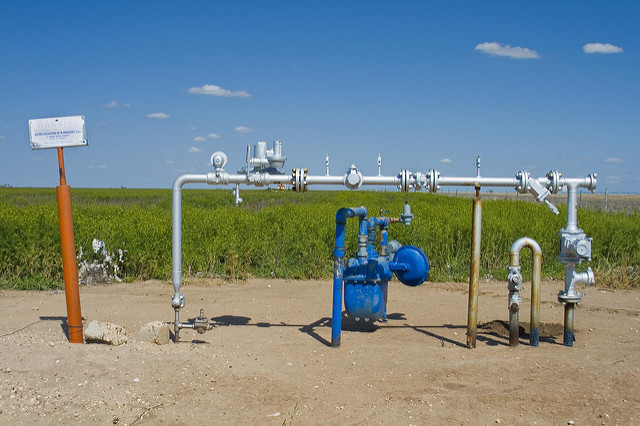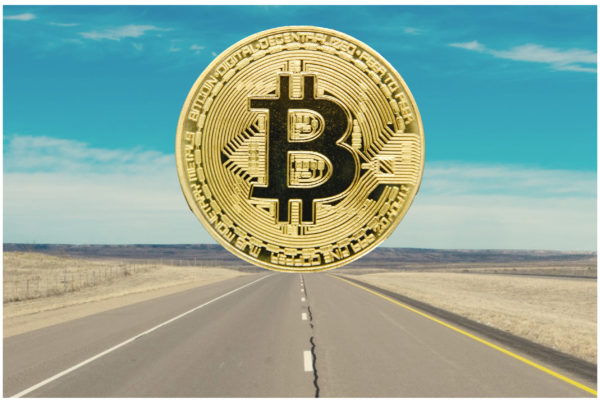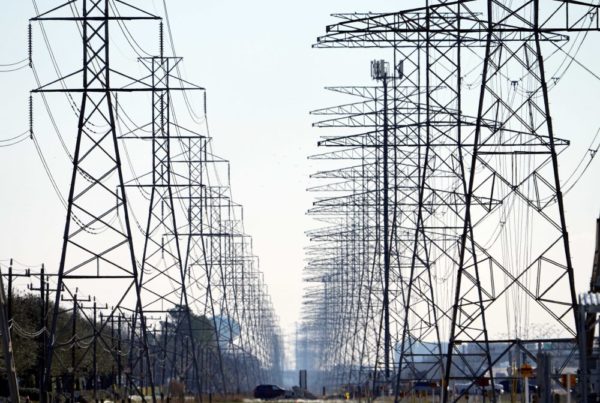Natural gas prices rallied last week, hitting multi-year highs that inspired an article from Bloomberg News which made the proclamation “The era of cheap natural gas is over.”
That may be a bit of a reach, says Matt Smith, director of commodity research at ClipperData. But it is true that natural gas prices are being driven higher, and a number of factors are at play.
“The issue is kind of twofold. On the domestic demand side of things, it’s strong. But then also we have international prices really strong as well,” Smith said. “So to your point, we’ve got natural gas prices at the highest since late 2013. We’re in the throes of peak summer cooling demand and the forecast for the next few weeks, at least for the northern part of the US, are looking above normal.”
Smith said the amount of natural gas in storage is low as well, down 17% over this time last year. And while prices are high here, they’re even higher overseas.
“The key destinations for U.S. LNG, this liquefied natural gas, [are] Europe and Asia. And both of them are seeing strong demand and maintenance outages and low inventories as well. And so is the kind of that double whammy that is really impacting prices here.”
That crunch has some pro-fossil fuels advocates, like Texas Railroad Commissioner Jim Wright, calling for tax incentives for natural gas infrastructure. Wright made the call in a recent op-ed, saying more natural gas infrastructure is needed to “reduce emissions and fix the grid.”
“The plan is essentially predicated on a focus of tax incentives for natural gas projects, just as we’ve seen for renewable projects as well,” Smith said. ”But the thing is, you know, he’s coming from the position of being an advocate for the fossil fuel industry. But again, it’s just highlighting that point that we’ve made before here about how renewables are growing. But we also still need that thing to plug the supply gap until they fully take over”
One thing that may have less of an impact on gas prices than in the past is hurricane season. Smith says that as the Atlantic hurricane season peak approaches, storms in the Gulf of Mexico won’t affect prices the way they used to.
“We are expecting an above average hurricane season. But in terms of natural gas prices, tropical activity used to be this bullish influence on prices when the Gulf of Mexico production was such a key source of natural gas. But as offshore production is marginalized and onshore shale production continues to grow, tropical activity actually now tends to be a net bearish influence on natural gas prices because the storms tend to have this cooling effect as we get widespread rain.”














